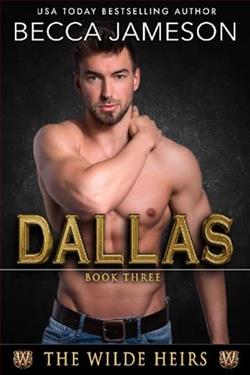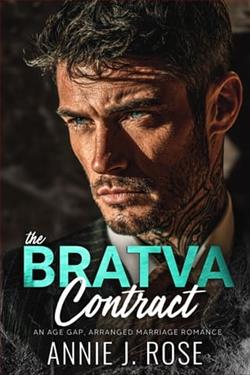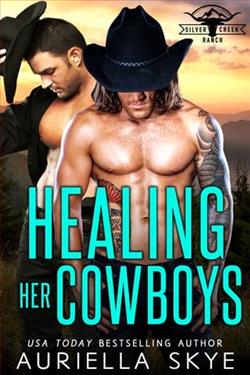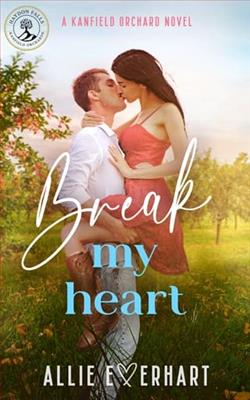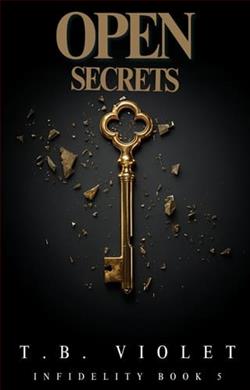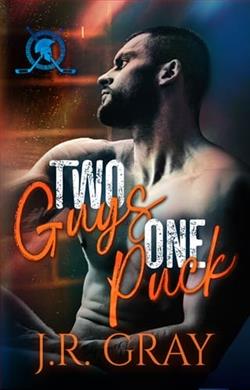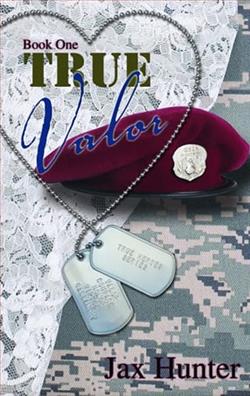Page 19 of The Side Road
As Oliver made his way down the street, he was curious to see how the buildings and shopkeepers were holding up. Would he meet anyone he knew? Would a local recognise him? Sometimes that happened.
The semi-famous Second-Hand Emporium was still open, selling the contents of deceased property estates – kitchenware on one side of the shop and garage items on the other. How many times had he sat on the bench outside the store waiting for his mother? Pleading for money to buy an ice cream? Once he had left his football under the seat. He came back later to find it gone. Another time, it was his skateboard. The following day, it was still there. Once, his mother forgot to collect him.
Outside the local Rural Supply Store was a life-sized model of a horse and cart that Oliver had not seen before. An obvious prop for photographs, he wondered if it had any use beyond its vintage appeal. The Horse Trough Hotel, an 1800s two-storey building with a dressed sandstone façade and panels of sash windows, was now a cafe. Groups of people were playing Scrabble at tables in the courtyard. The old Grain Store had received a new life as a FoodWorks franchise.
Making aesthetic contributions to the main street, large pots housing ornamental trees heralded the entrance to several new gift shops. The only structure on the other side of the road and close to the river was the original blacksmith’s house. A simple weatherboard dwelling with a pitched roof and two small windows. One hundred and fifty years ago, the smithy had called the place Riverview.
The river that coursed through the centre of town wassomething Oliver knew about. Swimming every day in the summer months with his mates. Fishing and hunting for freshwater crayfish. Spending endless days searching for platypuses – they never found any. Makeshift rafts and cruising down the river on inflatable mattresses. Camping out overnight. A life lived beside a brown river. A wild teenager, he ignored curfews. But god, it was fun.
He had walked down this street thousands of times as he made his way home from the school bus stop. Now his brain, like a sieve, leaked fragmented memories in random sequences. It felt like a telescopic path to sadness. He had no intention of gazing into all the tunnels and corners of his past. Turning left, he headed up the hill. On the peak, he found the Uniting Church. Reverend Rebecca, dressed in a long cardigan that reached her knees, was standing on the footpath and staring up at the church roof. In her hand, she held a manila folder.
Oliver joined her. ‘Problem with the roof?’ he asked. It seemed like the obvious question.
‘I expect it’s a broken tile. Maintenance is a bitch.’
Oliver couldn’t disagree. The church was a modest building. Made from irregular-shaped cream bricks, it had north-facing, gothic stained-glass windows.
‘It looks sturdy,’ Oliver said.
‘Yes, not too showy. Erected 1861. We have a wonderful pipe organ.’ She pointed to a nearby bench seat that was shaded by a massive Norfolk pine. ‘It’s too nice a day to be inside. Shall we sit over there?’
After they sat down, she handed him the folder. ‘I wanted to give you a heads-up about the will. Not sure if you’re aware, but Elsie asked me to be the executor, and I agreed. All the documents are in there.’ She pointed at the folder in Oliver’s hand.
He kept a straight face, but his stomach turned. Had Elsie already donated the money to the church? Were the funds mentioned in the will? Sensing some apprehension on Reverend Rebecca’s part, he asked, ‘Any surprises?’
‘She left the house to the church.’
‘What?’
‘To the church. Yes, that’s what I said. The house and its contents, including all the furniture, fixtures and fittings and any additional items found on the premises, go to the Eagle Nest Uniting Church.’
‘Are you serious?’
‘Yes.’
‘But the house doesn’t belong to her.’
‘The bank details and the title deeds are in there.’ Again, Reverend Rebecca indicated the folder in Oliver’s hands.
Oliver opened the file and shuffled through the documents. He found the deed to the house and an accompanying document that signed the house over to Elsie. The name on the title said, Elsie Elizabeth Buchanan. There was a valuation form from the bank.
He frowned. ‘I don’t understand.’
‘It helps if you hold it up to the light,’ Reverend Rebecca suggested.
‘Is that a religious metaphor, because I’m not?—’
‘Just hold it up.’
Oliver did as she suggested and held up the title deed.
‘You need to get the sun behind it,’ Reverend Rebecca instructed.
Unconvinced she wasn’t seeking religious validation for Elsie’s actions, Oliver gave her a sideways glance. Then he moved the page until the morning sun was directly behind the document. Several lines of text were darker.
‘Is that…liquid paper?’ he asked.
‘Yes. I think you’ll find it’s forged.’








